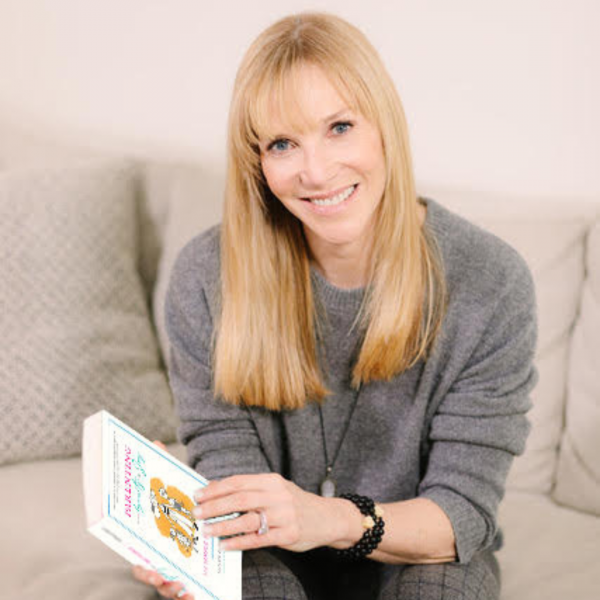We’re getting some parenting advice from a professional– literally, a parenting “mentor.” We have mentors in the professional world, so why not for the challenges and struggles that come along with parenthood?
ASK AN EXPERT: Parenting advice for the new year
Without further adieu, Susan G. Groner is the founder of The Parenting Mentor, and the author of Parenting with Sanity & Joy, 101 Simple Strategies.
–
So, how did you become “The Parenting Mentor?” What’s your secret?
It started because a lot of parents would ask me for advice. And they’d come back and say it was better than their therapist, and that I should start a business. I actually went through a phase in my own parenting where I was really stressed out and anxious. And I realized as my kids progressed into their teens, that it was such a waste of negative energy.
You talk to so many parents. What are the biggest issues that they’re struggling with?
In a nutshell, parents look at their job, not necessarily consciously, as an 18-year engineering project. And it’s not. You can’t engineer a human being. And when you try to, you have disappointment and conflict. You have your own thoughts on what they should be doing and how they should be performing. Because we try to make them happy at all times and excel at everything, so they can get into a good college and get a good job, and have a good life.
How is your approach different?
My philosophy is, let’s just work on raising kids who are resilient and self-reliant with strong problem-solving skills and strong coping mechanisms. If we can do that, all the things we see as issues and stressors go away, and will be opportunities.
Why are those four things so important?
If you have those characteristics, then you can handle anything life throws at you: good, bad, or ugly. Parents always say that they just want their kids to be happy. But that’s unrealistic. Humans aren’t always happy. We have a ton of emotions and adverse feelings. So I like to normalize those.
How so?
If your child is frustrated, let them be frustrated. Instead of saying, “let me fix that for you,” you should let them know it’s ok to be frustrated that they didn’t get invited to a party or make the team. Without adversity, you don’t have the opportunity to develop resilience. This is why so many kids in college now don’t have the life skills that they need.
How do you apply that philosophy to younger kids?
Normalizing negative emotions is really important. As parents, we really don’t want our kids to see us when we’re not happy. But we’re giving them a false sense of reality. So if you’re upset about something or frustrated, it’s ok to tell your kids that you’re “upset” or “frustrated.” You should use those words. It helps them see that their mom or dad has that feeling sometimes too. It’s normal. And it doesn’t last forever.
And lastly, your book is called, ‘101’ Simple Strategies. What’s number one?
Tip one is: Say “yes” with joy. If your child says, “Mommy, can you play with me?“ Instead of thinking, UGHHHH, just say “Of course! Give me two minutes, I’d love to play with you.” It almost changes your own brain chemistry.
You can connect with Susan on Instagram, or hear more advice in her weekly podcast.
